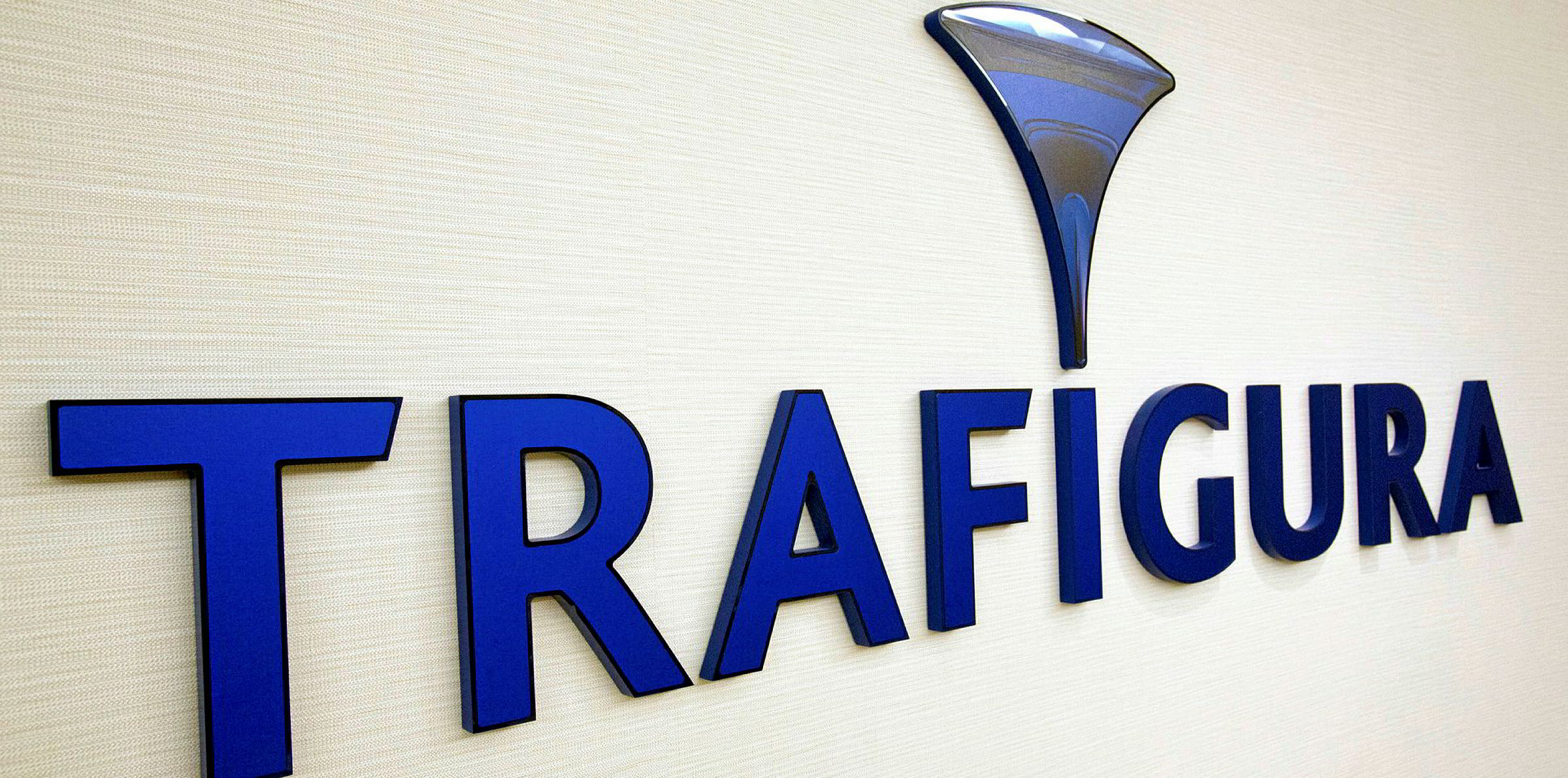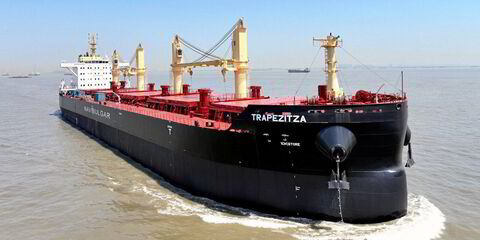Cosco Shipping Energy Transportation and China Merchants Energy Shipping (CMES) are envisaging a future of blockchain-based oil trading where vessel chartering can be carried out in a much more efficient way.
The two Chinese state-owned tanker giants have teamed up with Sinochem Energy Hi-Tech, PetroChina International, Bank of China, China Construction Bank and Macquarie to publish an 89-page white paper on the application of blockchain in energy and petrochemical transactions.
Wanxiang Blockchain Labs is also a joint author.
“Blockchain is the most revolutionary technology after [the] internet ... We would like to work with others to discuss how to adopt blockchain and promote the innovation of shipping industry,” CMES chairman Xie Chunlin said in the report’s introductory chapter.
In their vision unveiled on Friday, the blockchain technology will greatly reduce the time spent on billing, bank and customs clearance, authentication, financing and shipping during transactions of petroleum cargoes.
The trades will be all-inclusive with oil buyers, sellers, shipping and storage firms, financiers and regulators sharing the same platform, providing tanker players greater security from vessel fixing to cargo discharging.
“The shipping and storage cycle of energy products take seven to 30 or 40 days. Capital would be locked up during this period, as the current way of funding logistics transactions relies on [paper-based] core documents,” the white paper said.
“If bills of lading, warehouse receipts [and other key documents] can be digitalised and programmed, structured financing [for shipping deals] can become seamless ... This would allow demurrage and other fees in shipping contracts to be paid and authenticated automatically.”
The authors suggest cargo owners would be able to return bills of lading to tanker companies during discharging if the documents are fully digitalised.
“For now, tanker companies need to rely on letters of guarantee from charterers when discharging," they said. "A digitalised bill of lading can offer a perfect solution for this.”
Other efforts
The shipping industry has been discussing about potential applications of blockchain for years, eyeing the technology’s ability in promoting more secure, real-time transactions.
In a survey of transport and logistics professionals done last year, 88% of respondents believed blockchain would disrupt the industry at least somewhat.
But Boston Consulting Group, which carried out the survey, admitted the adoption of blockchain was facing challenges as a common platform would require trust among participants that was lacking.
Among efforts in other segments, Glencore, Archer Daniels Midland, Bunge, Cargill, Louis Dreyfus and Cofco International have been working together to standardise data and digitise global agricultural shipping transactions.
A new platform potentially based on blockchain could be launched in the second half of 2020, subject to regulatory approval.





